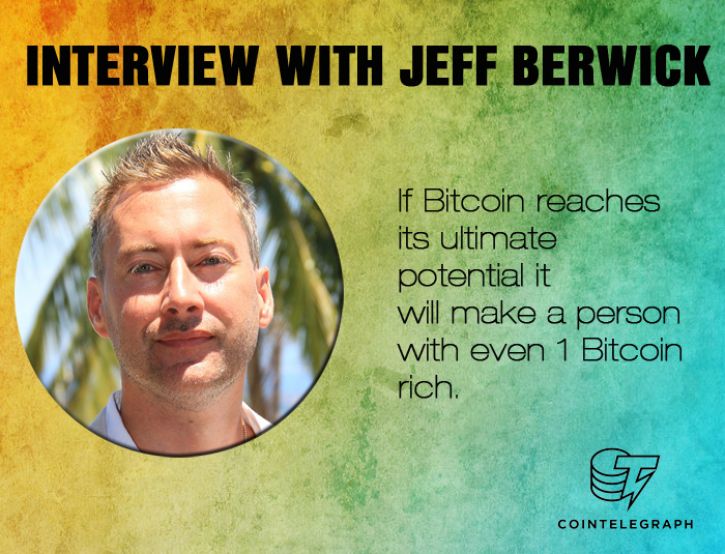"If it was reliable and if it was regulated, 'then there’s no reason why we couldn’t be an intermediary in bitcoin-related transactions,' Bill Downe said in an interview after the company’s annual general meeting in Toronto. 'Because, if you wanted a Swiss franc transaction or a Japanese yen transaction or a U.S. dollar transaction, we can do that transaction for you,' he said. 'If bitcoin [can be] a reliable medium of exchange, then at that point in the future, we would be able to [conduct business] with bitcoin.' So far, however, almost every major banking chief in North America has either stayed mum on, or openly derided, the currency. Canada’s banking watchdog said it does not regulate bitcoin." Continue reading →
